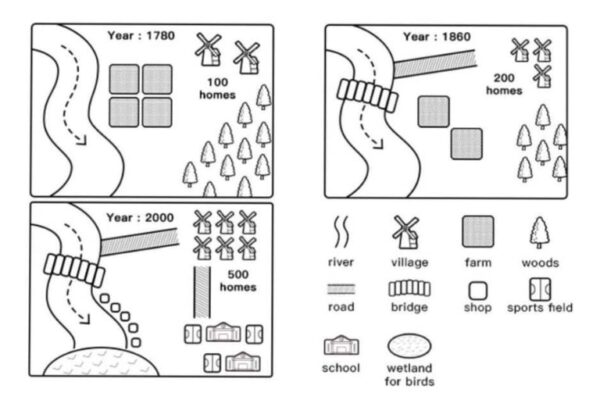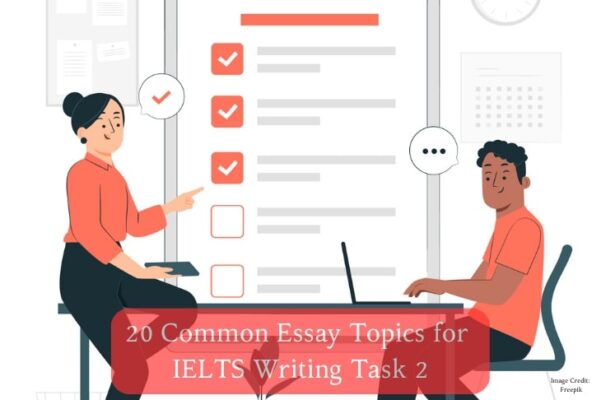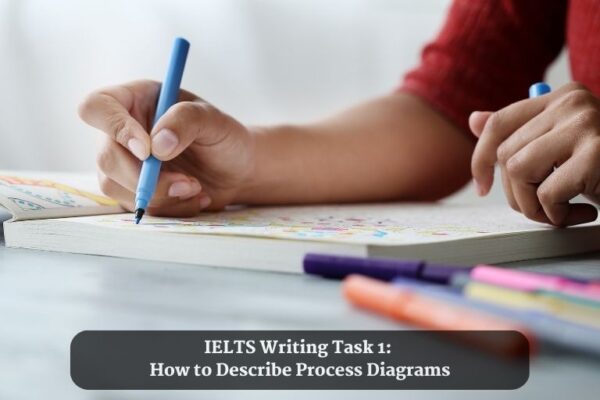IELTS Academic Writing Task 1 – Understanding How to Answer Maps
IELTS Academic Writing Task 1 requires you to describe a visual representation of information in a clear and concise manner. One of the common types of visuals is a map, which can be a bit challenging to describe if you are not familiar with the structure and vocabulary. In this blog, we will provide you with a step-by-step guide on how to answer map questions in IELTS Academic Writing Task 1, along with some mock samples.
Read MoreImprove IELTS Listening through Connected Speech
If you are preparing for the International English Language Testing System (IELTS), you know how important it is to have good listening skills. One of the challenges of the IELTS listening test is that it is designed to mimic natural conversation, which means that the speakers use connected speech.
Read More20 Common Essay Topics for IELTS Writing Task 2
The IELTS writing test is designed to assess a candidate’s ability to write effectively in English. Task 2 of the writing test requires candidates to write an essay on a given topic. Here are 20 common essay topics that are often asked in the IELTS writing test, along with bullet points on what may be generally asked in each of these topics.
Read MoreIELTS Reading: Learn How to ‘Match Headings to Paragraphs’
The IELTS Reading test assesses your ability to comprehend and understand written texts in English. One of the question types in the IELTS Reading test is matching headings to paragraphs. In this question type, you will be given a list of headings and a passage divided into several paragraphs. Your task is to match each heading with the correct paragraph. In this blog, we will provide you with tips and strategies to answer matching headings to paragraph questions and some sample mock questions.
Read MoreVocabulary and Grammar Strategies for IELTS Writing Task 1
The IELTS Writing Task 1 requires candidates to write a summary of a visual representation such as a graph, chart, table, or diagram. To succeed in this task, you need to have a solid grasp of grammar rules and vocabulary. In this blog post, we will discuss some essential grammar and vocabulary strategies to help you excel in IELTS Writing Task 1.
Read MoreIELTS Writing Task 1: How to Describe Process Diagrams
IELTS Writing Task 1 requires you to describe a process diagram or a graph in written form. The process diagrams in IELTS Writing Task 1 are usually technical and complex, but with the right approach, you can effectively communicate the information in the diagram. Here are some tips to help you describe process diagrams in IELTS Writing Task 1.
Read MoreIELTS Test: Understanding Subject-Verb Agreement
When it comes to IELTS writing, it is essential to have a good grasp of grammar. In particular, you need to master the basics, and one of the most basic parts of grammar is subject-verb agreement.
In this blog, we will explain subject-verb agreement so that you can understand it well enough to score a higher band in your IELTS test.
Read MoreIELTS Academic Writing Task 1: How to Describe Maps
In task 1 of the IELTS Academic Writing test, you may be asked to describe a map. You are expected to write a 150-word description of the information on the map, which will probably include buildings, routes, or proposed changes for the future.
Read MoreTop Punctuation Rules You Should Know Before Your Next IELTS Exam
Writing is an important mode of communication. Writing helps you convey your opinions and message to others. Any mistakes in grammar, spelling, or punctuation can change the meaning of the sentence you’re writing. In this blog, let us take a look at the top Punctuations Rules for grammar that you should know before your next IELTS exam, and get rid of some misnomers surrounding it.
Read MoreIELTS Writing Test: When to Give Your Opinion
The IELTS opinion essay comes up frequently in writing task 2. Opinion essays mainly focus on agreeing or disagreeing with a particular fact or information. It presents two opposite views and you have to develop your argument supporting one view. You get 40 minutes to complete this task. You have to write at least 250 words on the topic given.
Read More











